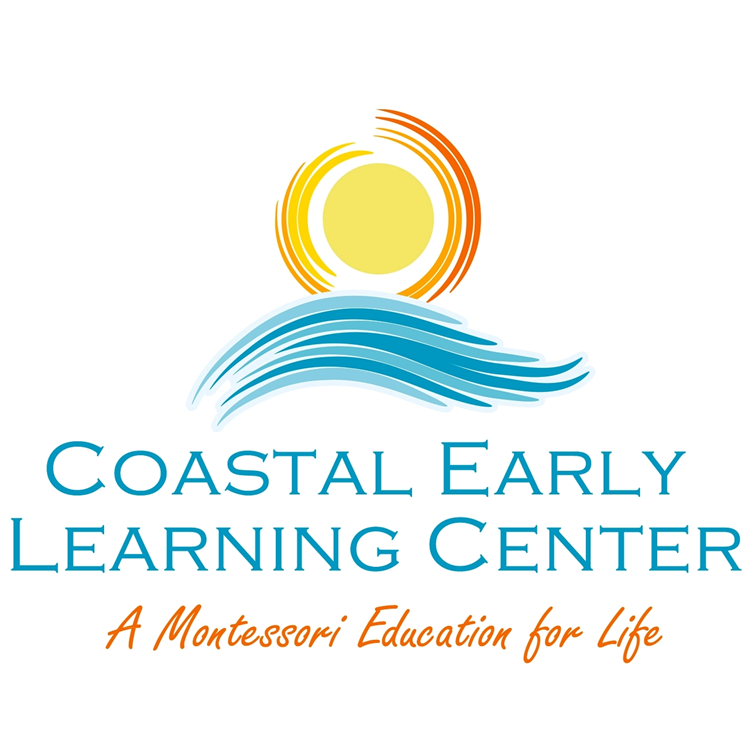“Education is a natural process carried out by the child and is not acquired by listening to words but by experiences in the environment.”
-Maria Montessori
Dr. Maria Montessori was an Italian physician who formulated her educational method over 100 years ago. She began observing children as they really are, not as adults wish them to be. She discovered that by nurturing a child’s “absorbent mind”, which she often compared to a sponge, the child is motivated from within and able to acquire information and learn in a delightful, natural approach, using all five senses to investigate his fascinating surroundings. According to Dr. Montessori, the goal of early education should be to cultivate a child’s natural desire to learn.
In addition, Dr. Montessori realized, “The hands are the instruments of man’s intelligence.” By developing hands-on concrete skills, the child is able to develop considerable powers of concentration and self-discipline by repeatedly manipulating the specially designed materials. Furthermore, the materials are self-correcting, which leads to a child’s independence and builds their confidence. This equates to a happy child who will be adequately prepared to lead a fulfilled and productive life.
The Montessori Classroom
The Montessori classroom is a child-sized world. The environment is intentionally constructed to allow the child a place to explore life on a level she can understand. The materials and exercises are designed to stimulate independent exploration. Through this process, the child’s natural curiosity is satisfied and she begins to experience the joy of discovering the world about her, by herself. The children are introduced sequentially to each of the five areas of the Montessori classroom:
PRACTICAL LIFE teaches the children daily life skills such as taking care of themselves & their environment, control of movement, grace, courtesy and manners. The materials are used to help develop order, coordination, concentration and independence.
SENSORIAL develops problem-solving skills using the child’s five senses. These activities are self-correcting and encourage independence.
LANGUAGE is phonetically introduced and taught in small groupings of sounds, which progresses at the child’s own pace. This process takes time because it is truly concrete, but our goal is to create a life-long love of reading.
MATH is a journey from concrete to abstract, simple to complex. We want to awaken each child’s “mathematical mind”. The children manipulate the didactic materials in order to eventually understand abstractions. Our goal is to build a solid foundation of understanding in math.
CULTURAL subjects include Geography, Science, Botany, History, Art Appreciation and Music. Each area introduces the child to the world through puzzles, word games and beautiful cards. These activities encourage the child to be more observant of the world around him.
A Quick Overview of the Benefits of Montessori:
Montessori education offers our children opportunities to develop their potential as they step out into the world as engaged, competent, responsible, and respectful citizens with an understanding and appreciation that learning is for life.
• Each child is valued as a unique individual. Montessori education recognizes that children learn in different ways, and accommodates all learning styles. Students are also free to learn at their own pace, each advancing through the curriculum as he is ready, guided by the teacher and an individualized learning plan.
• Beginning at an early age, Montessori students develop order, coordination, concentration, and independence. Classroom design, materials, and daily routines support the individual’s emerging “self- regulation” (ability to educate one’s self, and to think about what one is learning), toddlers through adolescents.
• Students are part of a close, caring community. The multi-age classroom—typically spanning 3 years—re- creates a family structure. Older students enjoy stature as mentors and role models; younger children feel supported and gain confidence about the challenges ahead. Teachers model respect, loving kindness, and a belief in peaceful conflict resolution.
• Montessori students enjoy freedom within limits. Working within parameters set by their teachers, students are active participants in deciding what their focus of learning will be. Montessorians understand that internal satisfaction drives the child’s curiosity and interest and results in joyous learning that is sustainable over a lifetime.
• Students are supported in becoming active seekers of knowledge. Teachers provide environments where students have the freedom and the tools to pursue answers to their own questions.
• Self-correction and self-assessment are an integral part of the Montessori classroom approach. As they mature, students learn to look critically at their work, and become adept at recognizing, correcting, and learning from their errors.
Given the freedom and support to question, to probe deeply, and to make connections, Montessori students become confident, enthusiastic, self-directed learners. They are able to think critically, work collaboratively, and act boldly—a skill set for the 21st century.




